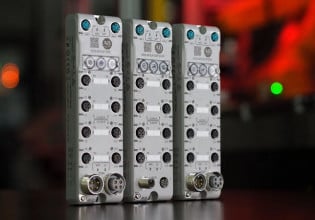S
Hi,
I'm designing a modbus master firmware that needs to support any kind of devices connected to it. I've never worked with modbus before and I was wondering if only one protocol can be used at once? What I mean is, does the Master need to support RTU devices and ASCII devices at the same time? Would my master controller need to know how to communicate with each slave?
Thank you very much
I'm designing a modbus master firmware that needs to support any kind of devices connected to it. I've never worked with modbus before and I was wondering if only one protocol can be used at once? What I mean is, does the Master need to support RTU devices and ASCII devices at the same time? Would my master controller need to know how to communicate with each slave?
Thank you very much






